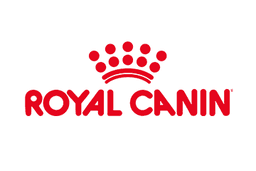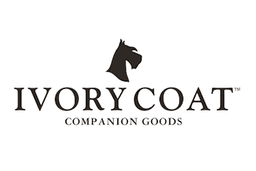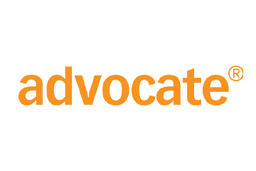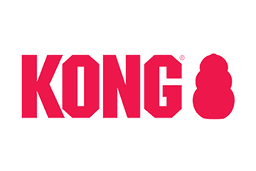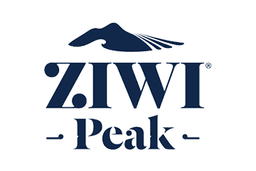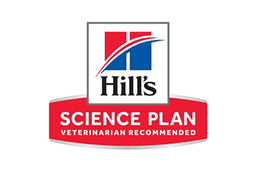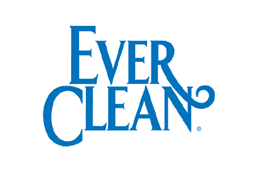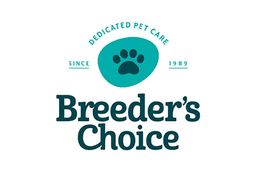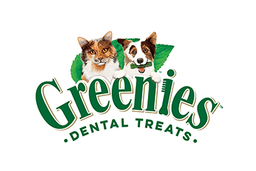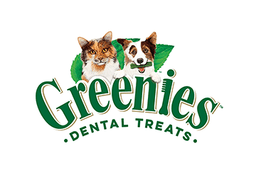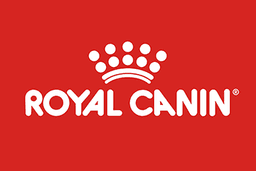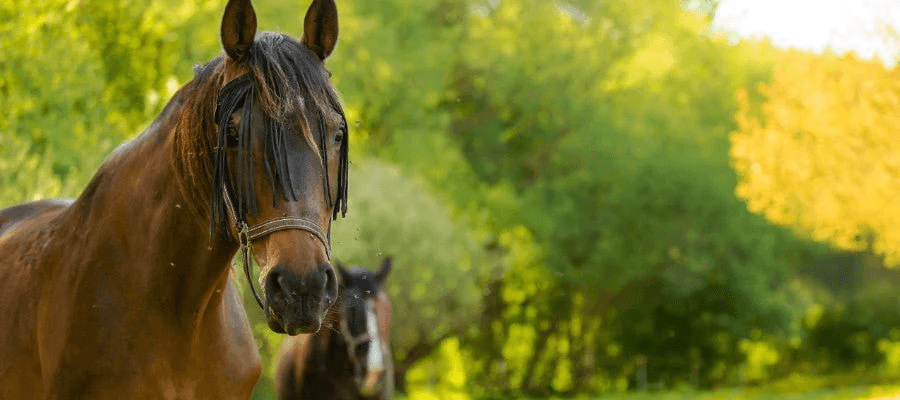Horse ownership has many rewards, but caring for your horse does require a commitment of time and money. You'll need to check your horse every day, and exercise them. Horses don't come cheap either. They can live for 20 to 30 years, and feed, vet and agistment costs add up over time.
But while they might be high maintenance, a horse is a long-term companion that you can develop a deep emotional bond with. As a horse owner you’ll also have access to a great form of exercise - there’s nothing like the thrill of a good gallop to get the adrenaline pumping!
The basics of caring for your horse
Horses require daily care, supplementary feeding and exercise, depending on where they are kept and how much space they have.
Their space requirements are fairly extensive and you will need around a hectare (three acres) per horse. Because they are social animals, it’s best if your horse is kept with other animals for company.
When looking for a place to keep your horse, you’ll need to consider a few factors including drainage, fencing, availability of drinking water and how much shelter there is. Horses need well-drained ground, trees or other shade, and a good covering of grass. Strong fencing is extremely important and you should avoid loose or barbed wire, as these can be a safety hazard. Fencing should be checked regularly for damage.
Horses often need supplementary feeding with hay or grain, especially when grass is scarce in winter or if they are doing a lot of exercise. Most horses will exercise themselves to a certain extent if they have the room to do so in the paddock, but the RSPCA recommends riding your horse every day. If your horse isn’t ridden enough, weight gain may be an issue.
Common health issues to look out for
While horses are generally healthy when well cared for, there are a few problems that can arise. These include dental issues, sunburn (on pink areas like the nose) and hoof problems. It’s important that your horse gets regular attention from an equine dentist and a farrier if you want to keep them in optimum health.
Vaccinations
Your horse should be vaccinated against tetanus, as horses are particularly susceptible to this illness. You will also need to make sure your horse is vaccinated against strangles. You can get combined vaccines like the Equivac 2 in 1 vaccine that will protect your horse against both.
Hoof care
Regular hoof care is essential if you want to ward off a number of potentially serious health issues. Cracked hooves can lead to water seeping in, which in turn can lead to pain, abscesses and infections. Stones can also become embedded in the sole and frog, leading to pain and swelling. Always pick out your horse’s feet before you ride and condition their hoofs regularly. Your horse should see a farrier every six to eight weeks.
Worming
Worms are a common issue for horses so you will need to worm your horse three to four times a year. There are a few different options for this, including pastes and pellets that can be added to food, or your vet may offer a worming solution.
Finding a vet
A great vet is your best protection against horse health issues. Make sure you choose a vet who has experience handling and treating horses – other horse owners may be able to make a recommendation or you can try the Australian Veterinary Association to find a specialist in your area.
Horses may be a big commitment of time and money but they are wonderfully rewarding pets for owners of all ages. Your time and energy spent caring for your horse will pay off in years of loyalty and friendship.Caring For Your Horse




